When is The Right Time for the Appraisal Clause?
There’s more to fire damage than meets the eye. Fire can also cause hidden damages that can be hard to detect. The two main culprits: smoke/soot damage, and water damage. Knowing about these additional impacts on your property, and how to take care of them, helps ensure you’re reimbursed appropriately for your claim.
Building codes are in a constant state of evolution. Advancements in engineering, technology, safety, building materials and methods, and changes in the physical environment all drive changes in building codes. If your fire-damaged home is 10 or more years old, complying with the current building codes may add substantial cost to your reconstruction. Will you be stuck with the bill?
There’s a long list of things to consider when it comes to deciding whether your fire-damaged home can be repaired, or if it needs to be razed and rebuilt. Your insurer is likely to push hard for the lowest-cost option, but this bare minimum may fall short of what you actually need and what your homeowners policy promises.
When you suffer a house fire, your insurer begins the process of calculating how much they will offer for your damaged personal property loss based on whether the property is deemed salvageable or non salvageable. The category each item falls into has a substantial impact on how your property will be covered under the terms of your homeowners insurance policy.
Experts are finding insurance coverage for business interruption losses related to Covid-19. Here’s what you need to know and what to do next to find out if your business is covered.
Every house fire insurance claim is unique and must be adjusted based on how the policy language and laws apply at the time of the loss. While most homeowners insurance policies provide coverage for fire, not all policyholders are treated equally when settling their claims. Below are four actions you can take to position your fire insurance claim for a successful outcome.
It’s normal to feel overwhelmed and uncertain about how your fire damage insurance claim will turn out. But you don’t have to let your fears continue. At Miller Public Adjusters, we can assess your loss, read your policy, and give you an expert’s view of what to expect from your house fire claim — all for free.
Your homeowners insurance policy is a legally binding contract between you, the policyholder, and your insurer. Your homeowners insurance claim is a lengthy negotiation about how much your insurance policy should pay for your insured damages. Contract negotiations start when you report your fire loss.
In the aftermath of a house fire, what once was normal is now chaos, and everything demands your immediate attention. One of the things you don’t want falling through the cracks is documenting your loss. Making sure you have abundant documentation of your damages and recovery efforts is critical in negotiating a full and fair settlement for your homeowners insurance claim.
When is The Right Time for the Appraisal Clause?
There’s more to fire damage than meets the eye. Fire can also cause hidden damages that can be hard to detect. The two main culprits: smoke/soot damage, and water damage. Knowing about these additional impacts on your property, and how to take care of them, helps ensure you’re reimbursed appropriately for your claim.
Building codes are in a constant state of evolution. Advancements in engineering, technology, safety, building materials and methods, and changes in the physical environment all drive changes in building codes. If your fire-damaged home is 10 or more years old, complying with the current building codes may add substantial cost to your reconstruction. Will you be stuck with the bill?
This expert’s guide will take you through the steps to manage your insurance claim from start to finish and help you maximize the settlement.
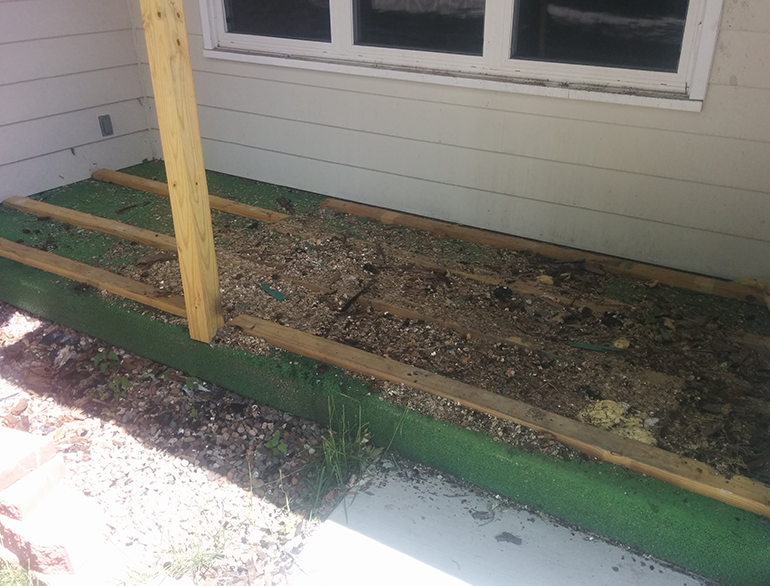
If I could provide one crucial piece of advice to anyone dealing with a major loss due to fire, water damage, etc. – it would be to contact Miller Public Adjusters!
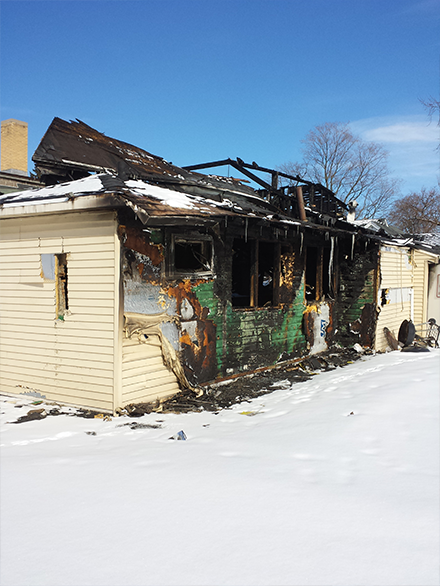
“Excellent experience. I had a major fire which destroyed my business. My Insurance company was hostile and adversarial at best. I hired Miller Public Adjusters. They did everything. I never had to have another conversation with a elusive and hostile insurance company. If I hadn’t hired Miller Public Adjusters to represent me, I would’ve lost everything.”
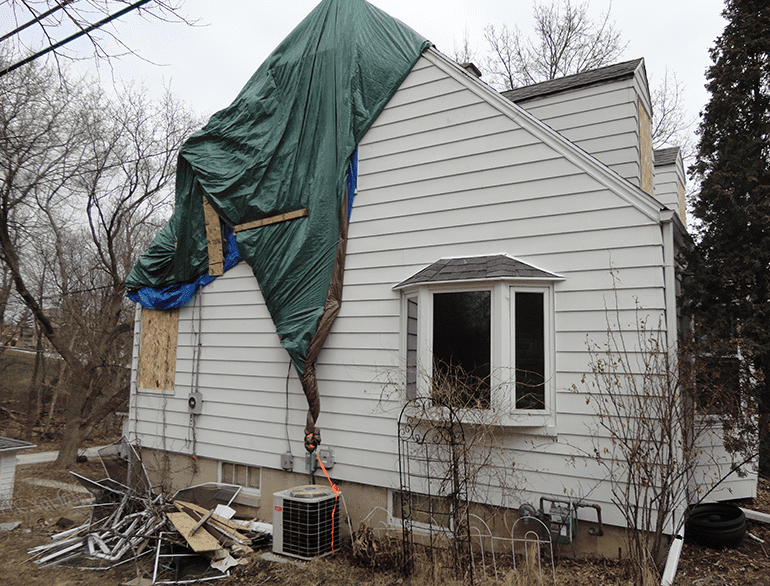
“Dave is super knowledgable on the process as he’s not only been in the industry for years but he has also had personal experience with his own fire-damaged home. No matter how trivial you may think your question is Dave and his staff will take the time to make sure your questions get answered and you understand the ramifications. His expertise on the matter quickly turned what seemed to be a hopeless uphill battle into a more manageable playing field.
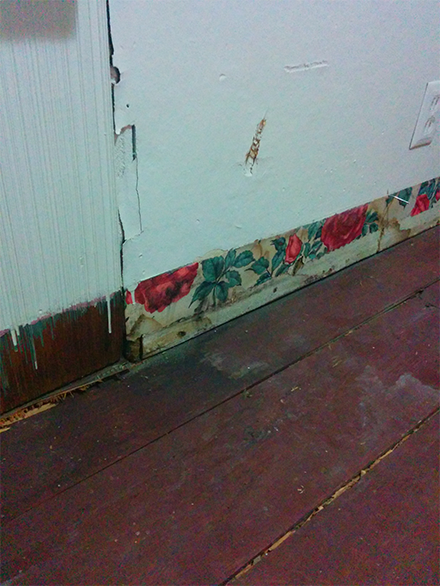
“Top-notch service would recommend Miller Public Adjusters service to anyone. Dave thank you much. The process was great.”
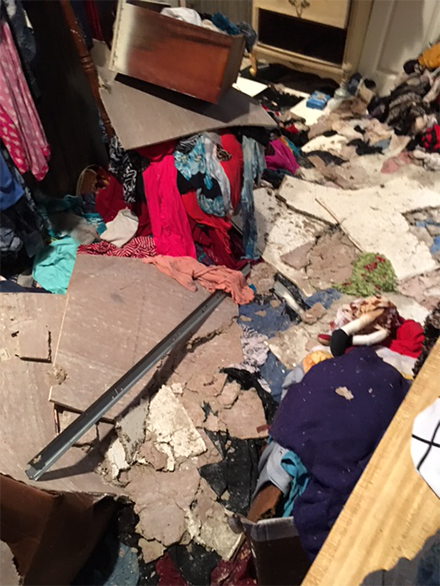
“David and his staff are outstanding and worth their weight in gold. If you need help with any insurance claim, hire them; you’ll be glad you did! If I could rate them 100 stars, I would!”

"Champions. Warriors. Heroes. Lifesavers! That’s exactly what David Miller and his fantastic team at Miller Public Adjusters are! There really are no words to describe what his team has done for me and my family. We are extremely grateful, and they are WORTH EVERY SINGLE PENNY you pay them for their services and then some!"
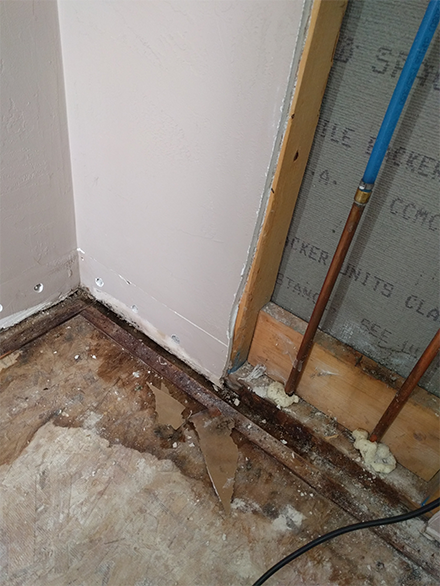
“Thankfully, the restoration company referred us here. From that point on, David at Miller Public Adjusters reassured us that he would do everything in his power and knowledge to prove that our homeowners insurance should cover the damages. In the end, we won the case and the claim was paid. I can’t thank David at Miller Public Adjusters enough!”
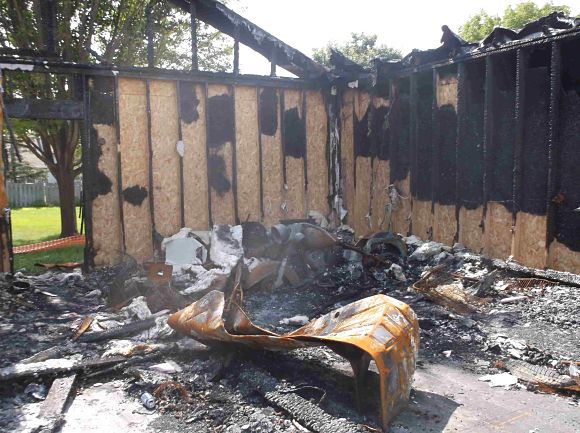
We never would have been able to navigate the confusing world of a total loss claim without their help, guidance and expertise,” Todd stressed. “I would recommend Miller Public Adjusters to anyone who is faced with a traumatic claim that involves dealing with ‘Big Insurance.’ They will absolutely help to alleviate much of the pain.
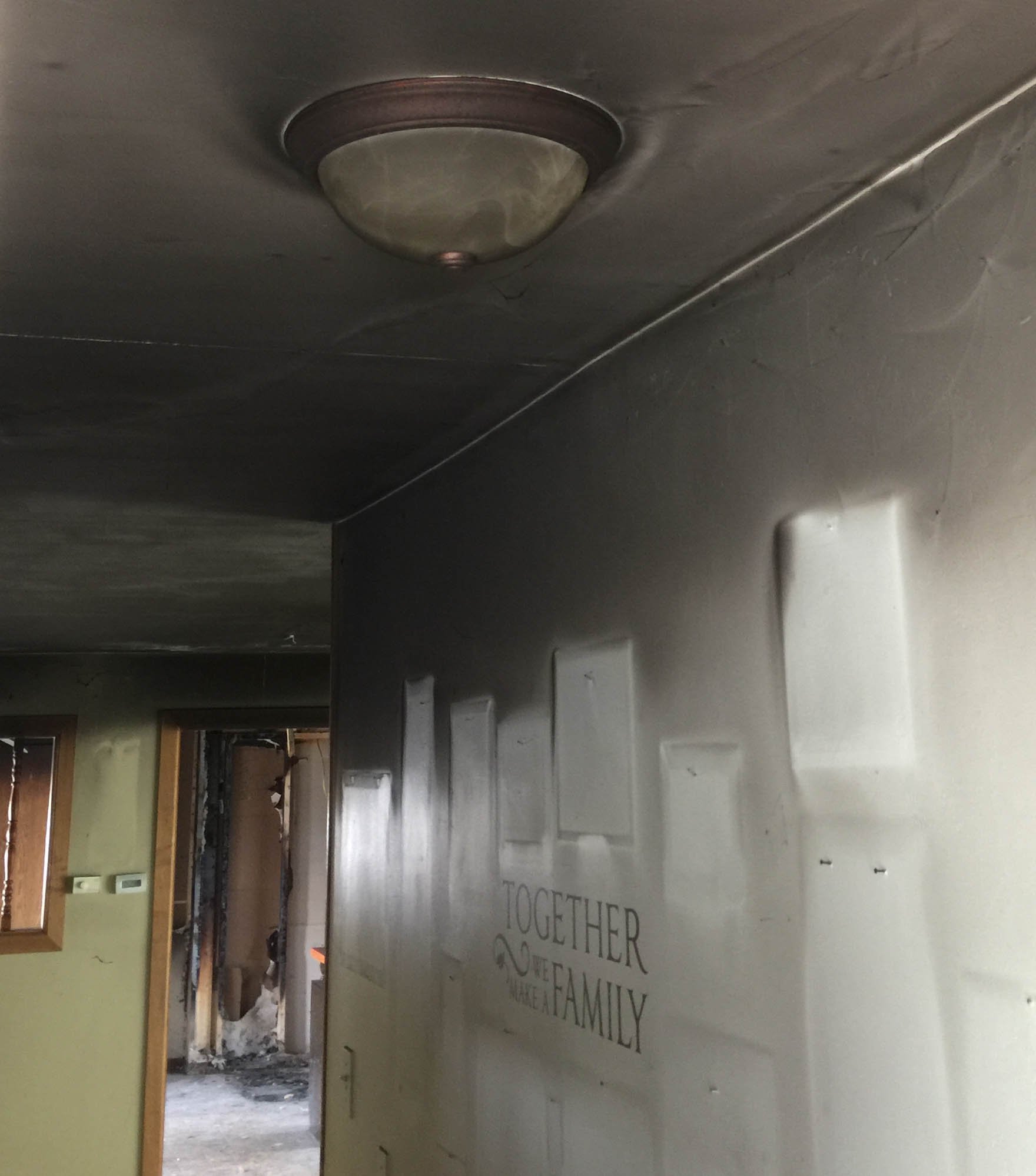
They were successful at getting the maximum settlement from the insurance company. My family and I are always praising Miller Public Adjusters to people who ask us about the fire. We can’t thank them enough.
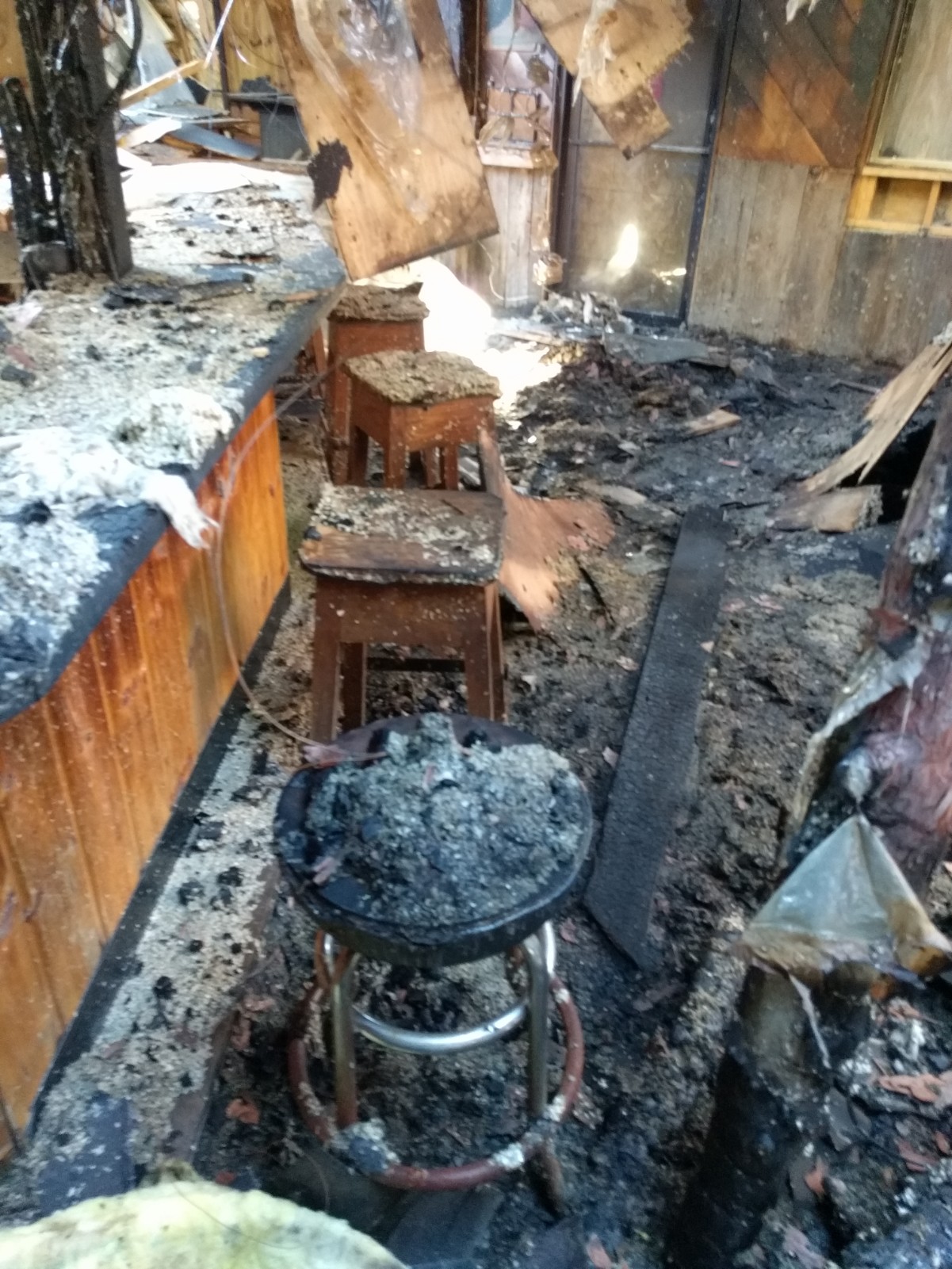
“Miller Public Adjusters knows what they are doing and stood firm against the insurance company. Miller Public Adjusters got us everything we were entitled to, and even more than we thought, in a matter of months. We did not have to deal with our insurance company and also did not have to purchase anything and turn in receipts for reimbursement. What a time-saving relief. Miller Public Adjusters are knowledgeable, understanding professionals, and we highly recommend them to all our friends and family.”
At just a month into Fall, some Wisconsinites already shoveled snow, many are past the first frost,
At just a month into Fall, some Wisconsinites already shoveled snow, many are past the first frost,
At just a month into Fall, some Wisconsinites already shoveled snow, many are past the first frost,
E-mail address
Contact us
Money-back